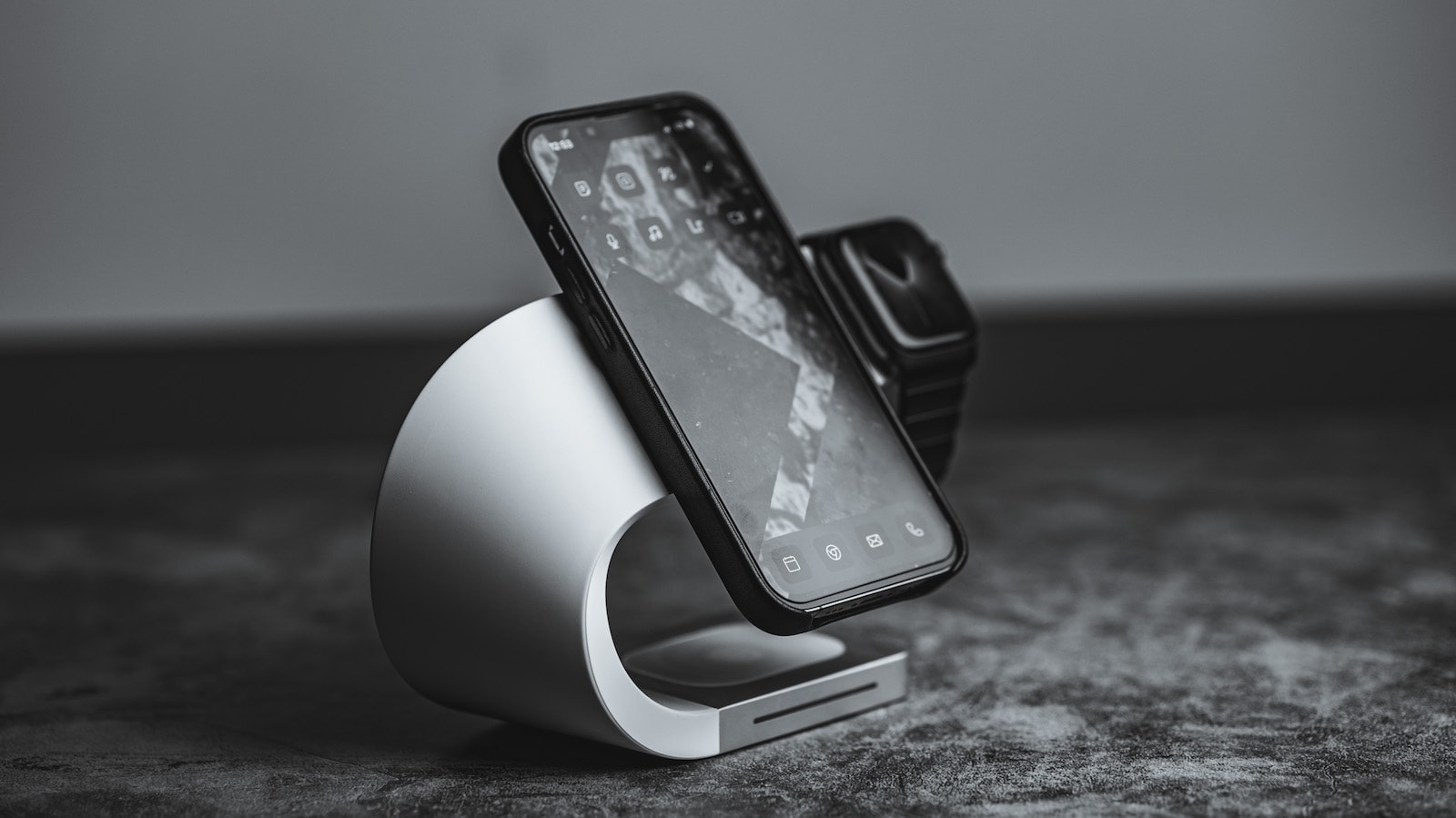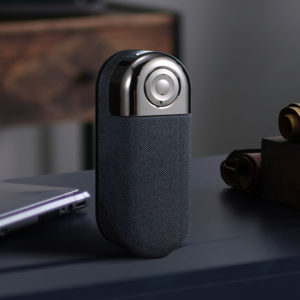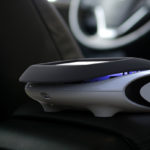In recent years, wireless charging has emerged as a convenient and futuristic solution for powering our devices without the need for tangled cords and cables. While this technology promises seamless charging experiences, some customers still harbour fears and misconceptions about its safety and impact on device performance. This essay aims to address these concerns and shed light on the truth behind wireless charging, assuring users of its safety and reliability.
- Overheating Concerns:
One of the most common fears regarding wireless charging is the possibility of overheating. Customers worry that prolonged charging might cause excessive heat, leading to potential damage to their devices or even safety hazards. However, modern wireless charging technologies are designed with multiple safety features to prevent overheating.
Wireless charging pads are equipped with temperature sensors that monitor the charging process continuously. If the temperature exceeds safe limits, the charging process is automatically paused until the device cools down. Additionally, reputable manufacturers adhere to strict safety standards, ensuring that their wireless chargers are thoroughly tested and certified for optimal performance and safety.
- Impact on Battery Life:
Another concern revolves around the impact of wireless charging on battery life. Customers fear that frequent charging, especially overnight charging, might degrade the battery’s health and lifespan. However, modern wireless charging solutions are designed to be efficient and gentle on device batteries.
Wireless charging systems incorporate innovative technology that optimizes charging rates and prevents overcharging. Once the battery is fully charged, the charging process automatically stops, eliminating any risk of overcharging. Moreover, wireless charging uses a slow and steady charging rate, which is less stressful for the battery than rapid charging methods.
- Charging Speed and Efficiency:
Some customers worry that wireless charging might be slower and less efficient than traditional. While it is true that wireless charging may be marginally slower than wired charging, the difference in charging time is often minimal for most users.
Wireless charging is a revolutionary technology that offers convenience and flexibility to modern consumers. Addressing the fears and misconceptions surrounding wireless charging is essential to encourage its widespread adoption. As this essay has shown, the technology is equipped with safety features to prevent overheating, and it does not significantly impact battery life or charging efficiency.
Advancements in wireless charging technology have significantly improved its efficiency. High-quality wireless chargers can deliver sufficient power to charge devices quickly and effectively. Additionally, using wireless charging strategically, such as charging devices overnight or during breaks, can ensure that devices are consistently topped up, eliminating the need for prolonged charging sessions.
While it is essential to remain cautious and purchase high-quality, reputable wireless chargers, customers can confidently embrace wireless charging as a viable and efficient power solution for their devices. With further advancements and continued adherence to safety standards, wireless charging is poised to revolutionize the way we power our devices, making our lives more convenient and efficient.








Nice charger to have at home, sleek and fashionable! Helps a lot to solve the “cable problem”.